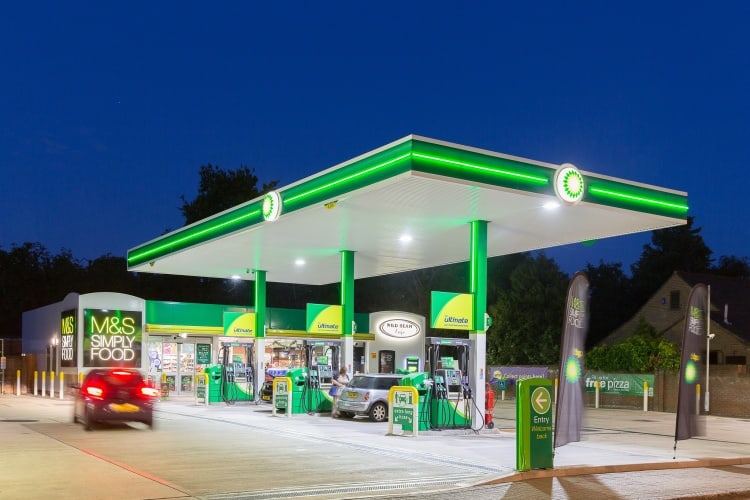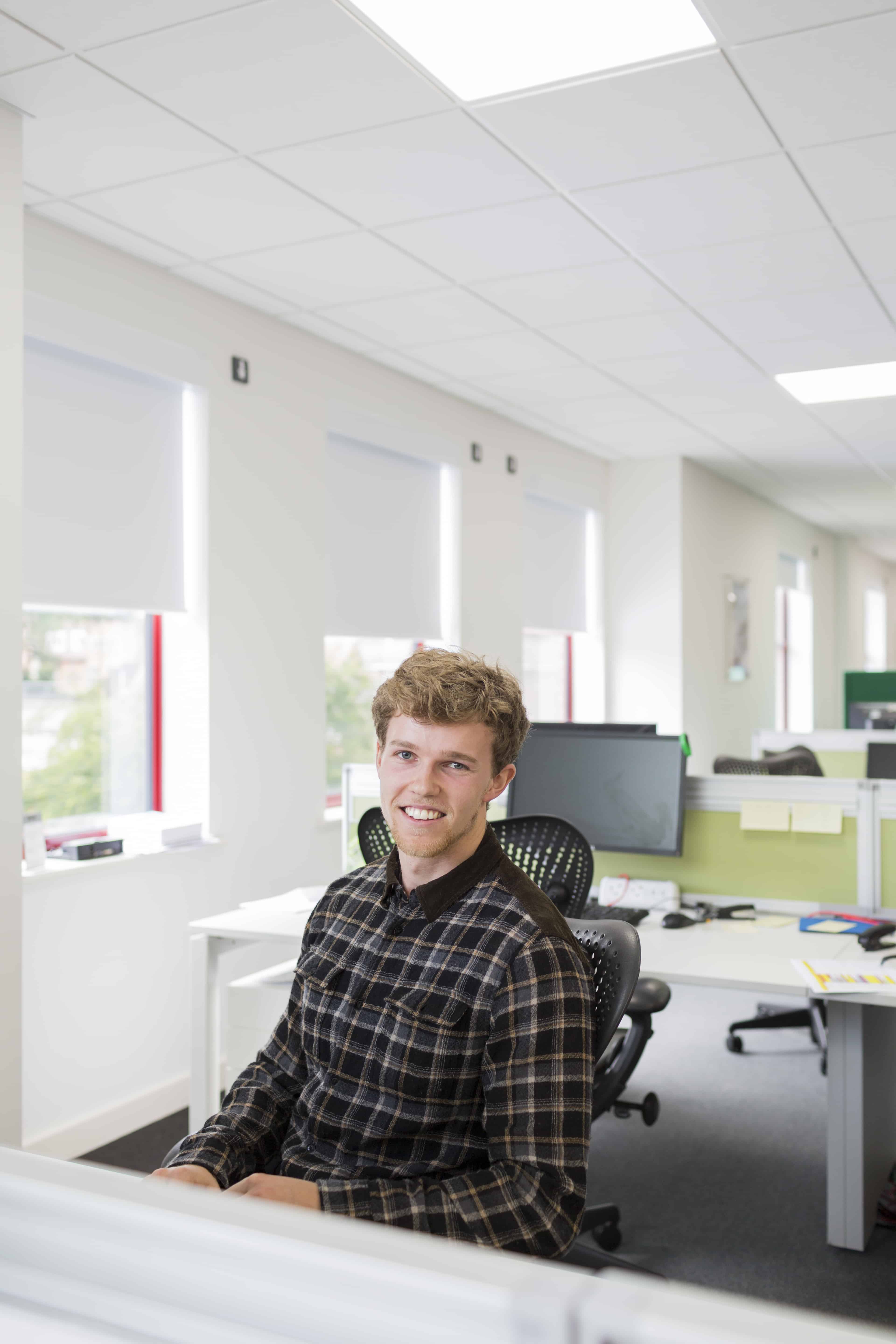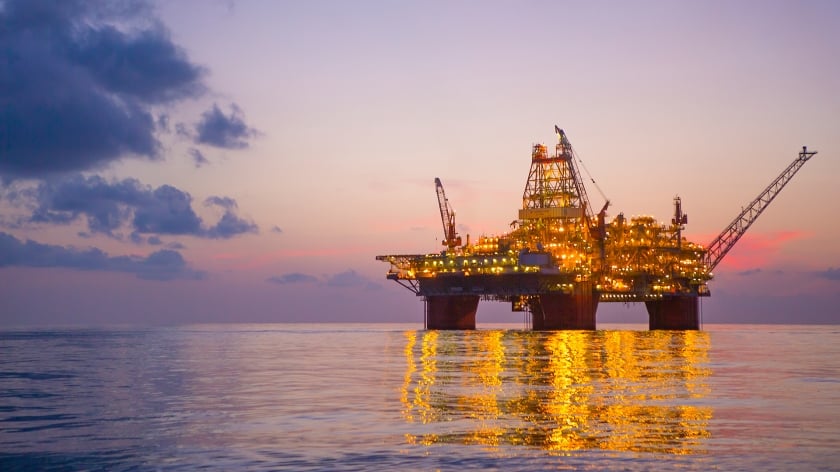
Where did you go to university?
I studied Mechanical Engineering at Bath University.
How did you end up doing your year in industry with BP?
At university I did a four-year sandwich course, meaning I spent my third year in industry. During this year I spent 12 months working for BP in Commercial Downstream. I liked the people who I worked with and the culture at BP. Having gained a better understanding of Commercial Downstream, I realised that I really wanted to work in a strategy role at BP. I knew this could be a possible rotation on the BP graduate scheme, therefore I applied and got onto the graduate programme upon completion of my degree.
What led you into a commercial role rather than an engineering role?
I really wanted to go into a business role, but I still wanted to be part of the engineering ecosystem somehow. Commercial Downstream at BP was a perfect fit, as I get to do a business role but within a field – engineering – that I am interested in. Plus at BP there is a lot of variation; it’s a big company and it’s a great graduate scheme.
Can you tell us a bit about the grad scheme?
My graduate scheme is a three-year programme where you rotate every 12 months. There are four businesses within Commercial Downstream you can work for – Castrol, Air BP (which deals with fuels for aircraft), Petrochemicals and Fuels. You could be rotated across any of these four businesses, or you could stay within the same business, for example Castrol, but move to a different function within that business.

In Commercial Downstream, we don’t do anything that operational – we don’t go out to plants to make sure they’re working, or do any of the engineering or surveying. It’s more to do with sales, marketing, strategy, finance, and the supply chain.
My role in Commercial Downstream has really helped me to put the skills I learnt during my degree to practical use. Commercial Downstream is more about selling to customers, rather than Commercial Upstream, which I think is more about selling internally to BP. We have a lot more competitors in terms of all the brands that other oil & gas companies have out in the market, so you get to be a lot more strategic and customer focused, which I like.
What does your current role consist of?
My current role is finance and strategy analyst at Castrol, based in Pangbourne. I split my time in half between finance and strategy.
I’m not an accountant, so I don’t get involved in the reporting side of Finance. However, I do get involved in Finance Transformation projects and post project execution which involves a lot of data checking, and final verification of data. You can do anything from automating processes to challenging people on the quality of their data.

In strategy, you could be looking at future disruptors to the Downstream industry, such as electric vehicles and shared mobility. We do a lot of analysis, for example doing projections and looking at what Castrol could look like in 20 years, and how it might be affected by these disruptors.
We work with a number of universities, such as London Business School and Hult International Business School, working on projects with MBA and Masters students. Seeing the output of their work is really interesting. We’re also involved in organising large meetings and doing event coordination, and preparing all the materials for those.
How do you see your career progressing?
Due to my personal interests and the flexibility of the graduate programme, I have been lucky enough to be able to continue working in a strategy role, which I have really enjoyed. I see myself working in this type of role at BP for the foreseeable future. However, in the long term, I would like to get a chance to work on implementing a strategy and see some of the results of a strategy I have been a part of creating ‘on the ground’.




Project to investigate hybrid approach to titanium manufacturing
What is this a hybrid of? Superplastic forming tends to be performed slowly as otherwise the behaviour is the hot creep that typifies hot...